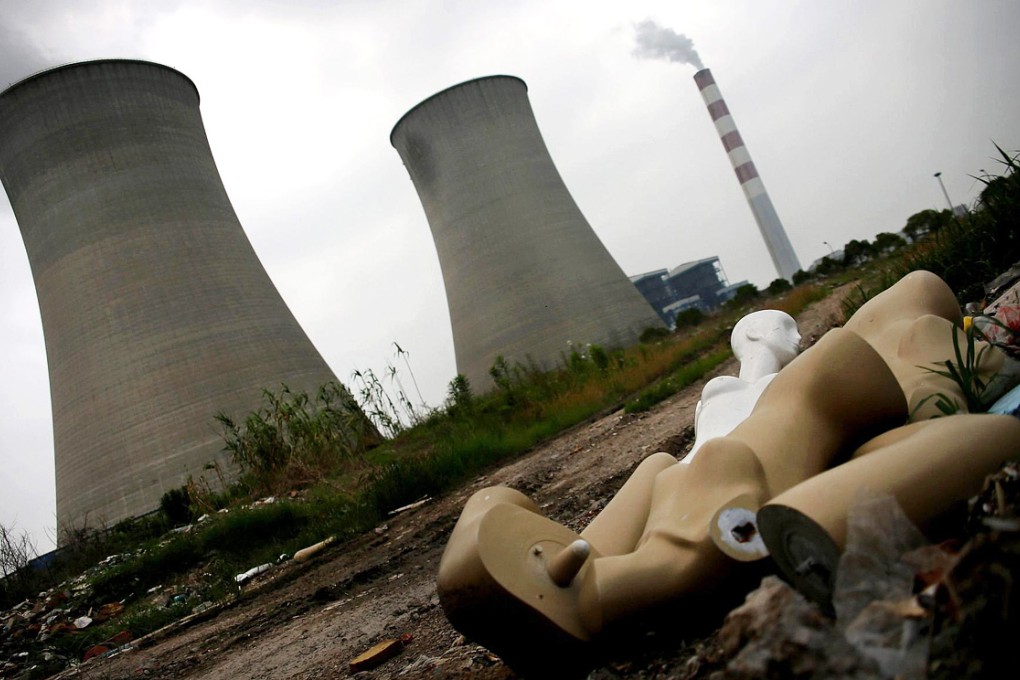New tribunal to review environmental lawsuits and offer advice to lower courts
Body will review lawsuits, but a limited number of cases pose a challenge, its president says

The supreme court has established a special tribunal to settle lawsuits about the environment and natural resources, its spokesman said yesterday, as the country seeks to bolster its legal fight against polluters.
The tribunal would review lawsuits related to pollution, mineral resources and ecological damage that are lodged with local courts, provide judicial guidance on such cases for lower courts, and draft judicial interpretations on environmental protection laws, said Sun Jungong, spokesman of the Supreme People's Court.
"It will have a positive and profound impact on … protecting people's environmental rights and interests … preventing further deterioration of the environment and improving China's international image concerning environmental protection," Sun said.
The establishment of the tribunal comes after the passage of a revision to the mainland's decades-old Environmental Protection Law in April, which will impose higher fines for polluters when it takes effect next year.
However, the new tribunal faced a challenge in the limited number of environmental lawsuits, said its president, Zheng Xuelin . The mainland has 134 specialist environmental courts at the local level. Out of about 11 million lawsuits heard by courts nationwide every year, only 30,000 were related to the environment. Litigators have long complained lawsuits launched against polluters are routinely rejected or even ignored by local courts, many of which lack the capacity and the independence to take on powerful government-backed firms.
It will have a positive ... impact on … protecting people's environmental rights
In a case in April, the Intermediate People's Court in Lanzhou rejected a lawsuit filed by five residents against a water company over excessive levels of the carcinogen benzene found in the tap water. The court said the plaintiffs did not meet the criteria to sue over pollution under existing laws.